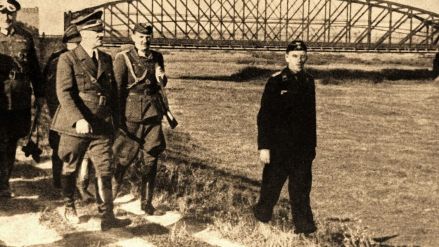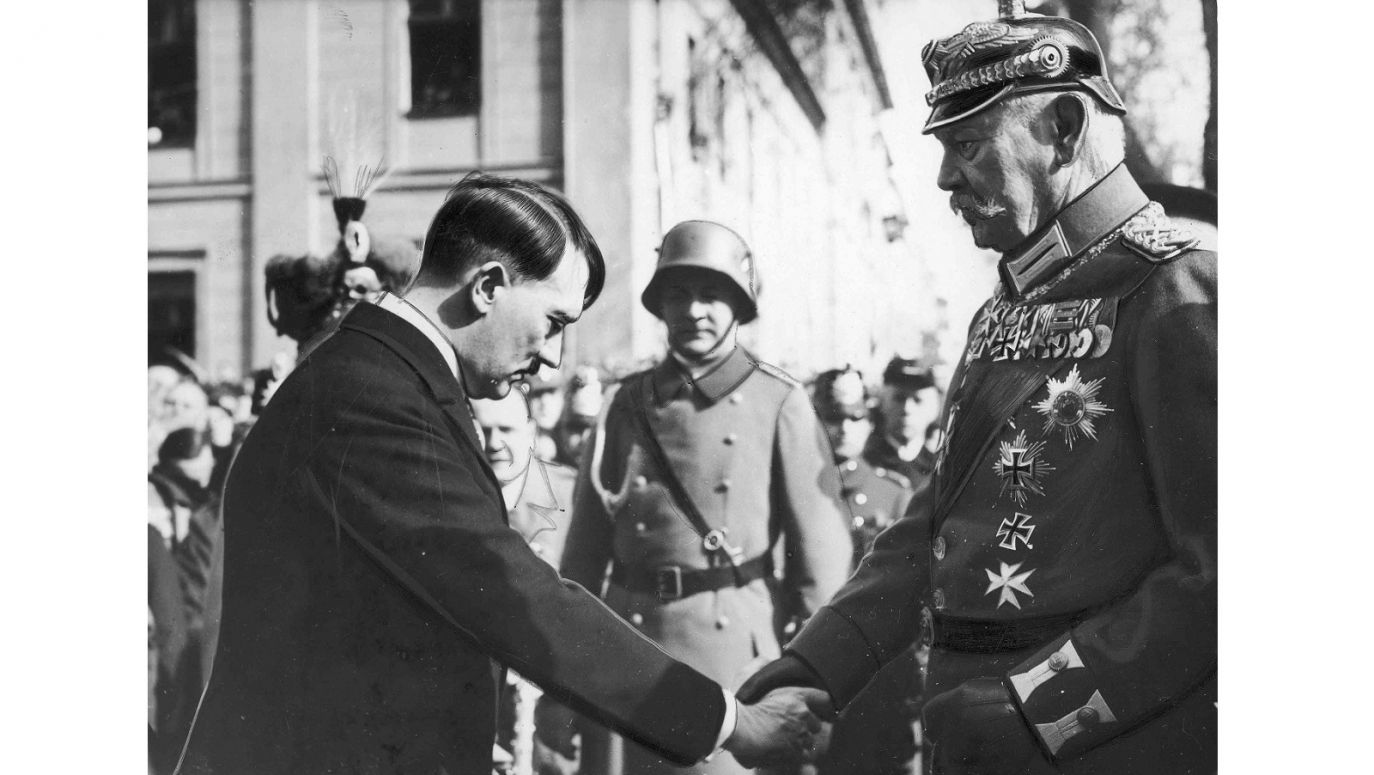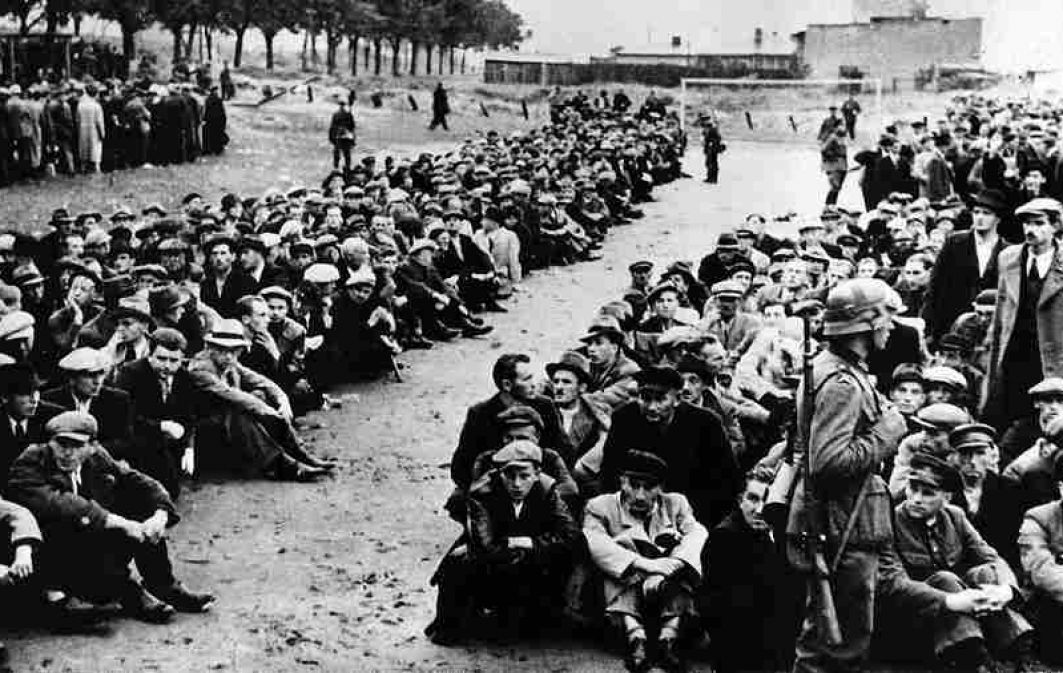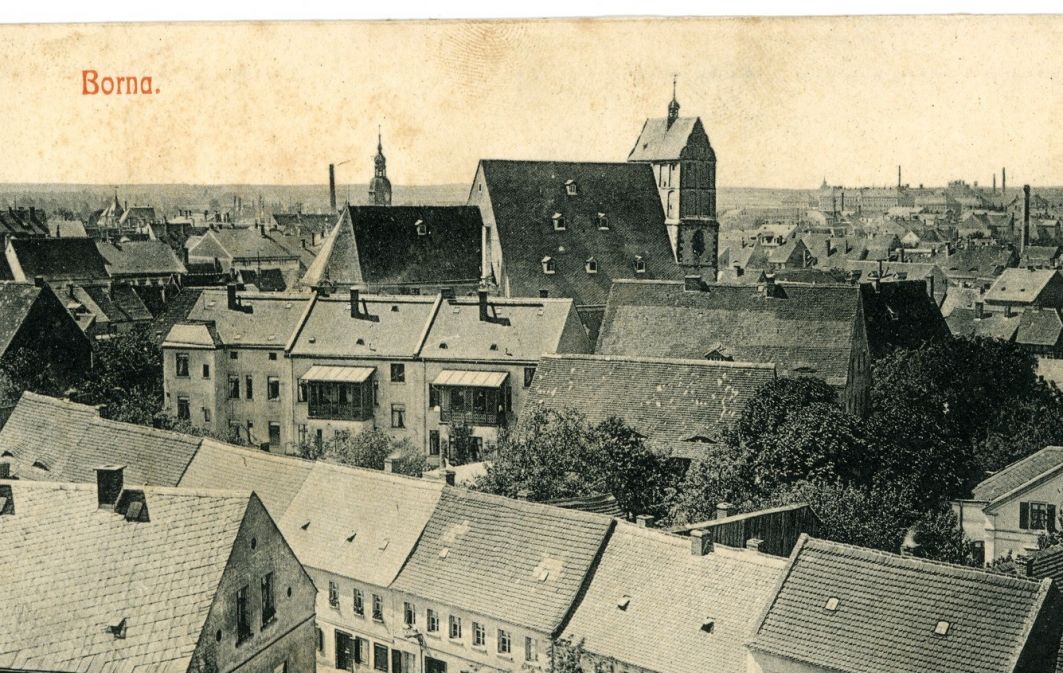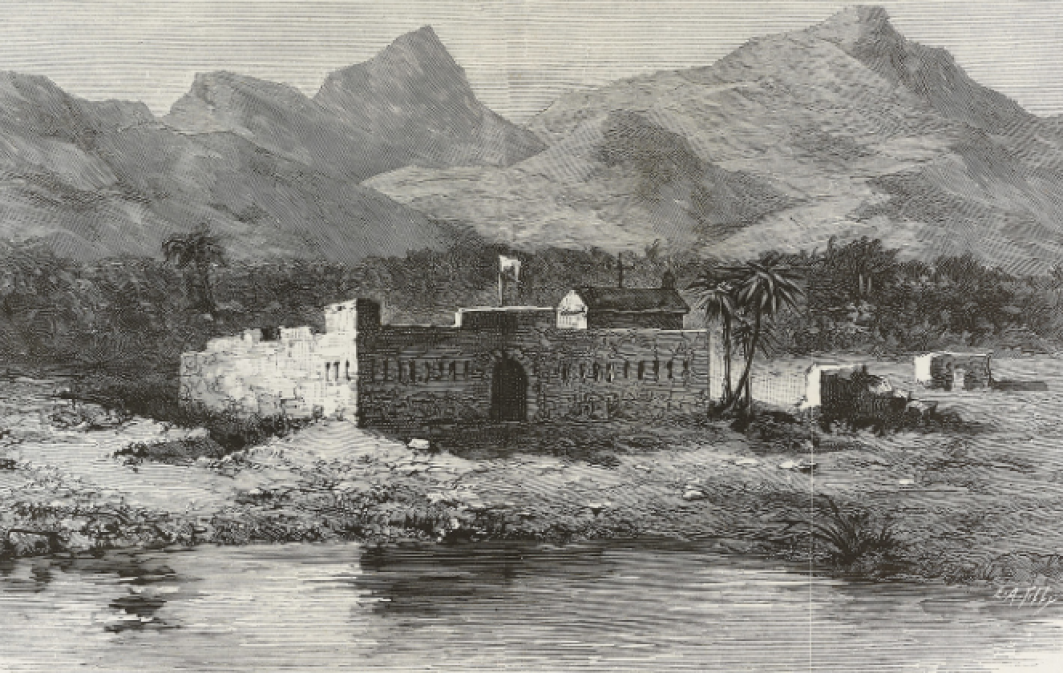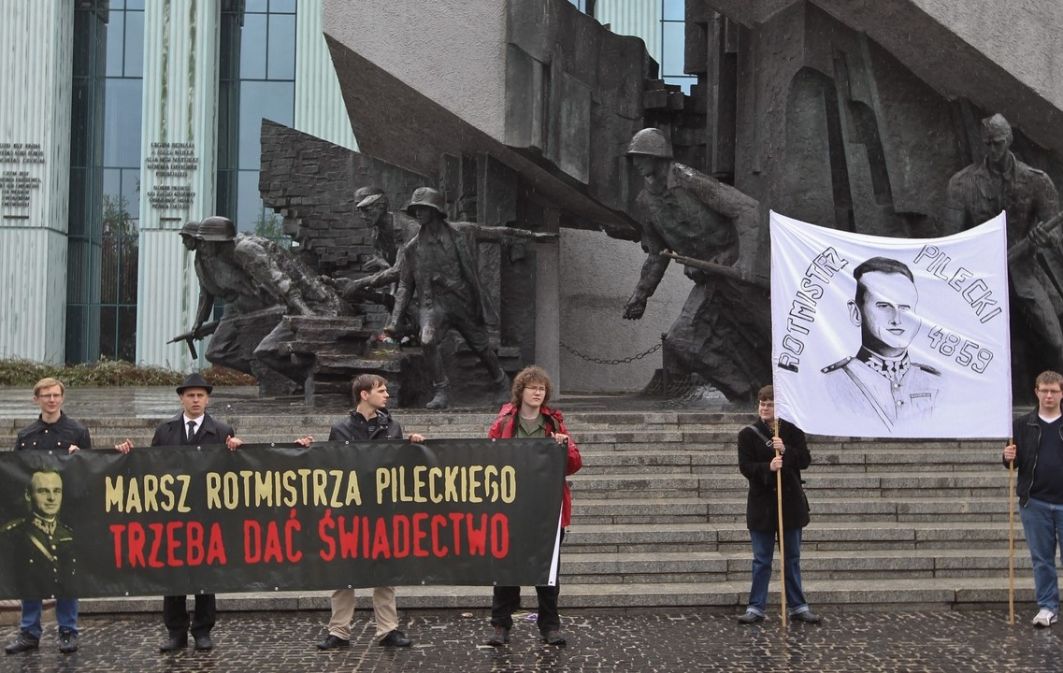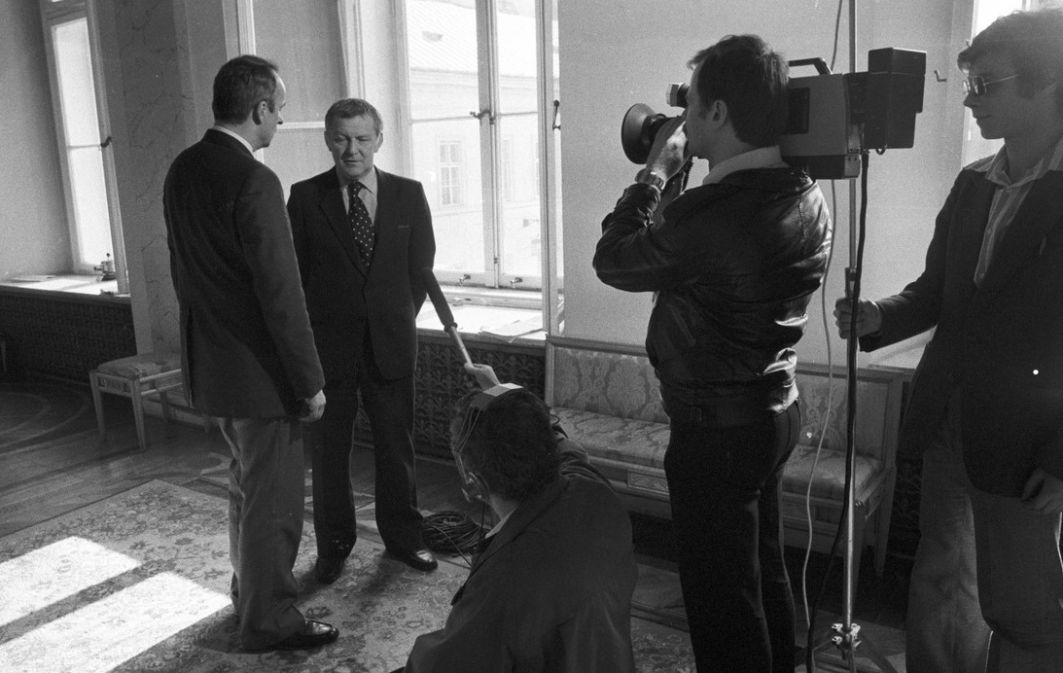Poland accepted without hesitation the British offer of guarantees which Prime Minister Chamberlain announced on March 31 1939. This is not the place to polemicize with the myth that London, with its guarantees, provoked Hitler to attack Poland. Hitler attacked Poland not because of British guarantees, but because Warsaw refused to submit to Berlin. Poland, on the other hand, in the realities of 1939, was blocking further German expansion – both in the west and in the east. It therefore had to be eliminated. And in the British documentation available for decades, including the minutes of His Majesty's Government, there is no trace of any desire to bring about an attack on Poland by the Reich. Yes, it was a bluff, but one calculated to stop the accelerating German locomotive.
When there was an open confrontation between Berlin and Warsaw in the spring of 1939, the German public took it with great satisfaction. The policy of good-neighbourly relations with Poland, initiated by Hitler, was extremely unpopular in the Reich and only feasible under a dictatorship. German public opinion had no objection to the Führer finally teaching a lesson to the disliked, despised and sometimes even hated 'Poles'. On the other hand, however, as had been the case a few months earlier, in the days leading up to the Munich Conference, there was fear among Germans of a two-front war, a war that the Reich could not win.
Polish campaign at the start
In the ensuing months, a high-stakes game of geopolitics unfolded, characterised by clandestine discussions among the superpowers. Germany engaged in secretive dialogues with Britain and the Soviets, while the British held talks with the French, Soviets, and the Reich, and the Soviet Union communicated with Western powers and the Reich.
A pivotal moment and a shockwave, though not so much in Warsaw, was triggered by the news of Joachim von Ribbentrop's departure for Moscow to finalise a non-aggression pact. Hitler appeared triumphant, describing the pact with Stalin a few days later as "a pact with the devil to chase the devil away." However, he still struggled to quell the doubts of his military advisors and associates regarding the feasibility of risking a global conflict and confronting two fronts simultaneously. Major Gerhard Engel, one of Hitler's adjutants, recorded their extreme concerns on August 24, primarily arising from fear about the potential outcomes of these developments.
Even Ribbentrop lacked unwavering confidence. He refrained from openly opposing Hitler but selectively chose reports sent to him for the Chancellor's desk. These reports highlighted the high probability of France and Britain declaring war on Germany. Ribbentrop's choice of reports was evident as he typed them and then adding a capital letter F (Führer) in green pencil.
When Hermann Göring pointed out to Hitler on August 29 that he was embarking on a high-stakes gamble, the dictator responded, "All my life I have played va banque [All in - ed]." For the time being, his primary objective was a forceful suppression of Poland. He aspired to initiate what he referred to as his "first Silesian War," drawing parallels with Frederick the Great's actions two centuries earlier. Following the campaign in Poland, Hitler planned additional campaigns, including the expedition against the Soviet Union outlined in Mein Kampf, although this was now postponed.
As early as October 18, 1939, he had already conveyed to the military that the conquered Polish territories would serve as a "German military concentration area" in the future. Moreover, during a general staff meeting on November 23, he stated, "We can only move against Russia if we are unburdened in the West."
Remarkably, during the autumn of 1939, when Berlin and Moscow's friendship was beginning to blossom, ordinary Germans remained oblivious to these intricate geopolitical developments.
– Stanisław Żerko
TVP WEEKLY. Editorial team and jornalists
– Translated by Roberto Galea
Title and subheadings from the editors 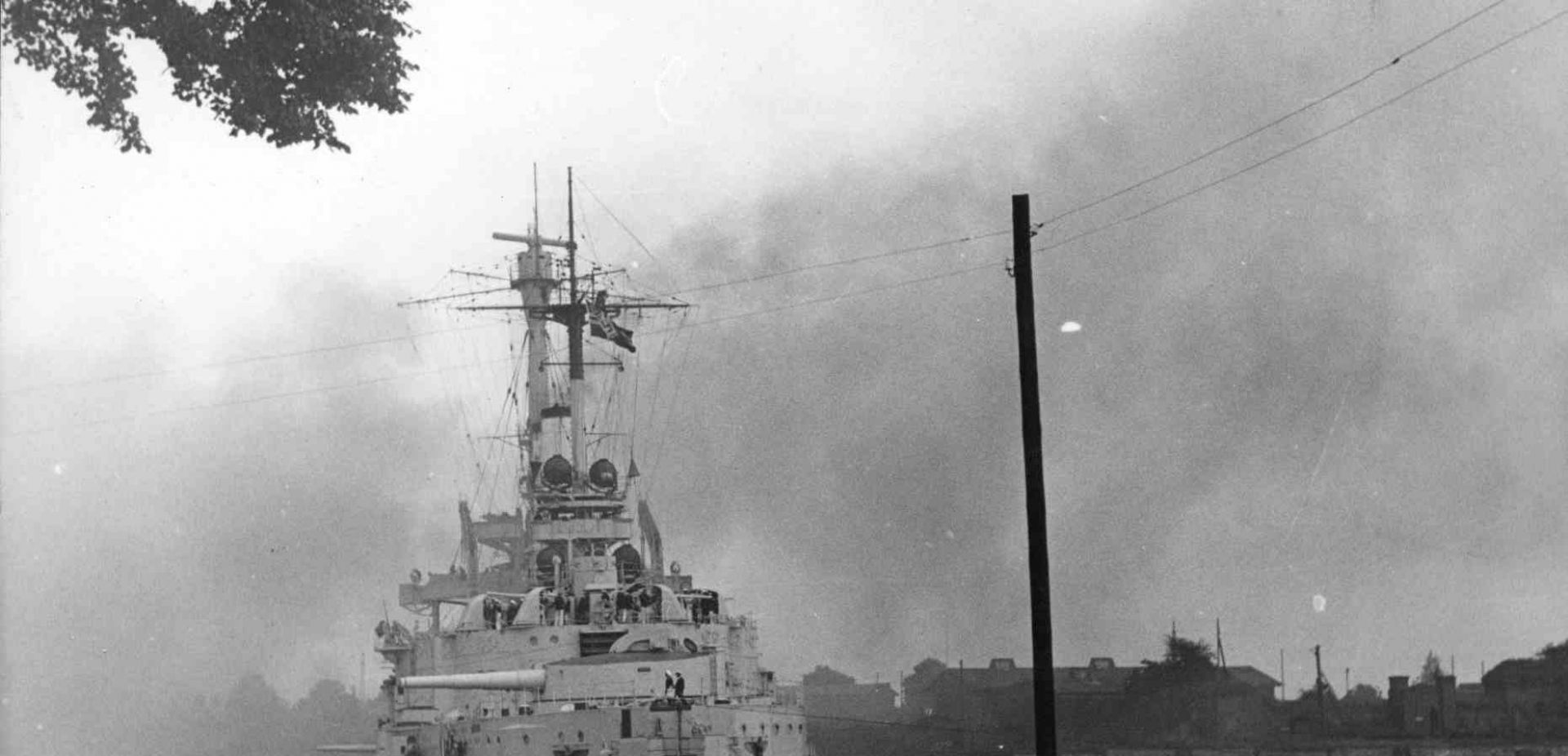
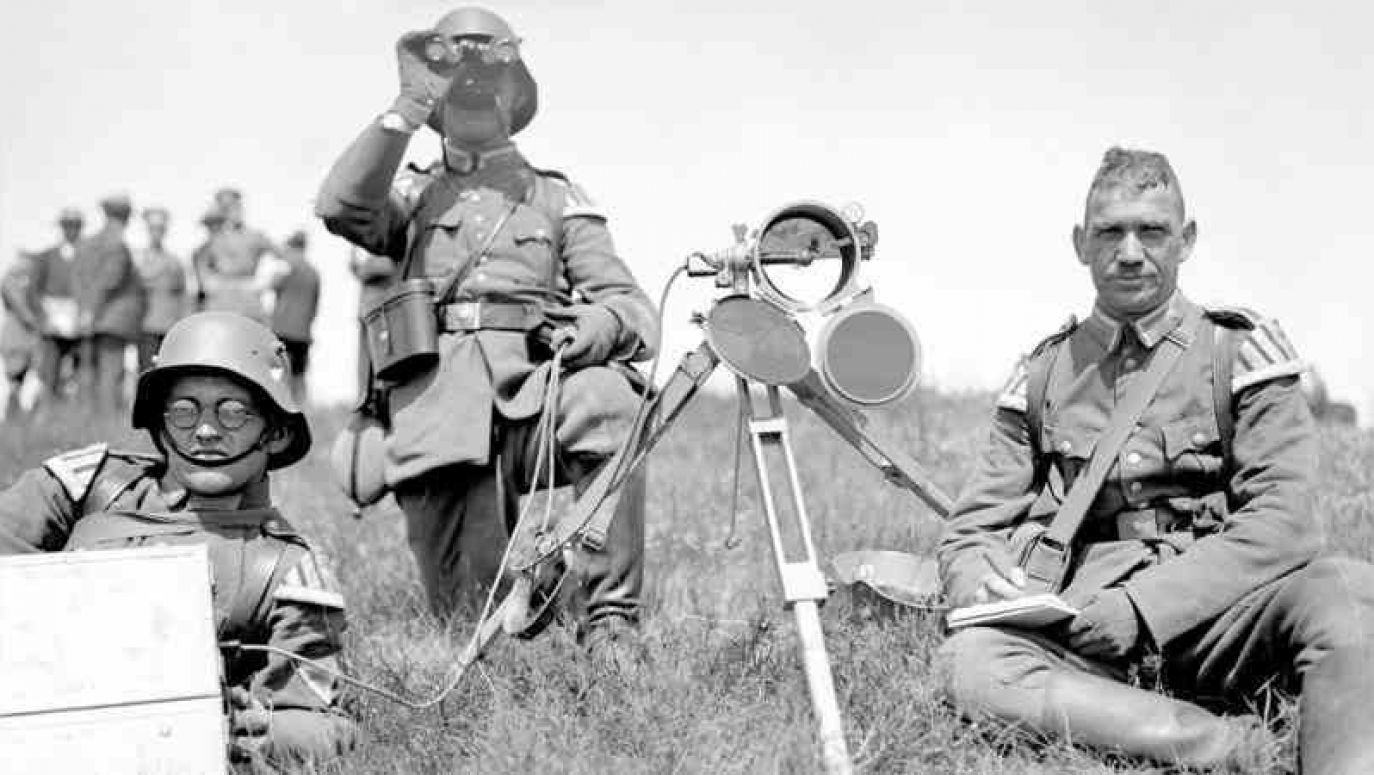
 SIGN UP TO OUR PAGE
SIGN UP TO OUR PAGE 
